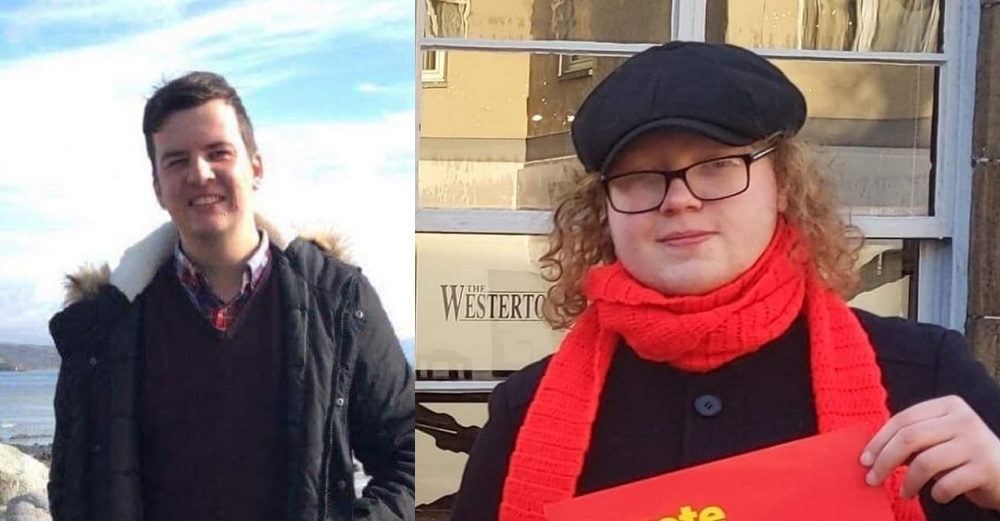Housing crisis: Why Tory Senedd candidate is wrong to think private rented sector is a solution

Cian Ireland, Labour Senedd candidate for Dwyfor Meirionnydd
We are dealing with a crisis in Dwyfor Meirionnydd, where local people are struggling to get on the housing ladder.
I read with much interest the letters of Charlie Evans, who is standing in the same constituency as me, on the subject, in the Cambrian News and North Wales Live.
Initially, I found myself agreeing with his identification of two pressing issues, which are the lack affordable housing and the lack of well-paid jobs.
He is correct in saying that wages need to be raised to ensure that people have sufficient income to cover basic living costs such as housing, but this is only achievable if the demand for affordable housing supply is extended in the region. However, his prescriptive medicines for addressing these issues are the equivalent only of placebos.
Firstly, on the issue of housing, Charlie advocates for the ‘positive agenda’ of increasing the supply of social housing alongside the supply of private rented accommodation and right to buy.
Missing in this advocation is an understanding of the role the private sector has played in inflating house prices in rural areas, such as our own, over the past half century.
Private landlords, due to lack of rent controls in addition to a desire to maximise profit, have the potential and self-interest to inflate rent prices.
Meanwhile, right to buy, while crucially bringing local people onto the housing ladder, doesn’t address the affordability issue in the long term as these houses can be sold on in the housing market back to those who have the wealth to buy multiple properties, at the expense of local people looking for a home.
The solution to this problem can be found by putting communities in control of housing. By using municipal and co-operative ownership, we can democratise our housing market and place the needs of communities at the centre of decision-making, rather than the imperative for profit.
How many times must we face the same problems in the housing sector and continue applying the same models of ownership, before we realise the need for this alternative solution?
‘Low wages’
Next, the low wages in Dwyfor Meirionnydd. The average worker in Dwyfor Meirionnydd will earn a pound an hour less than the average Welsh worker. This is clearly a massive issue with direct implications on the housing dilemma.
However, expansion of the private sector, alongside maintenance of the current visitor economy, will do little to address this problem.
Already, the lowest wages in the area are found in the private sector and especially the tourism sector, dependent as it is on low wages, and insecure work hours alongside seasonality that will pick up people when it needs them during the summer but leaves them without a secure wage during the winter.
Those of us who’ve worked in this sector will understand better than most the need to think beyond the private sector to address these issues.
Once again, we need to emphasise the need to democratise our local economy, placing local needs first, ahead of profit. We have a massive opportunity over the coming years to utilise the transition to a zero-carbon economy, and the money generated by renewable energy production to create a source of collective wealth.
By using community ownership, we can empower communities to decide what to do with this wealth, and generate the surpluses required to rebuild community industries that used to be the bedrock of our local area.
This time however, we can use cooperatively owned workplaces to ensure that wealth is kept by communities and workers to ensure that no Lord Penrhyn can take advantage of local resource and labour again.
For these reasons, I find it hard to understand how Charlie came to his conclusions. Improving the lives of people ought to be the basis of politics.
By using powers given to it by the Welsh Government, Gwynedd Council has taken the first tentative steps towards addressing the above issues and improving people’s lives.
However, it’s only by moving forward with alternative forms of ownership for workplaces, energy production and housing, that we can democratise our local economy and create a Dwyfor Meirionnydd that works for all.
Support our Nation today
For the price of a cup of coffee a month you can help us create an independent, not-for-profit, national news service for the people of Wales, by the people of Wales.





